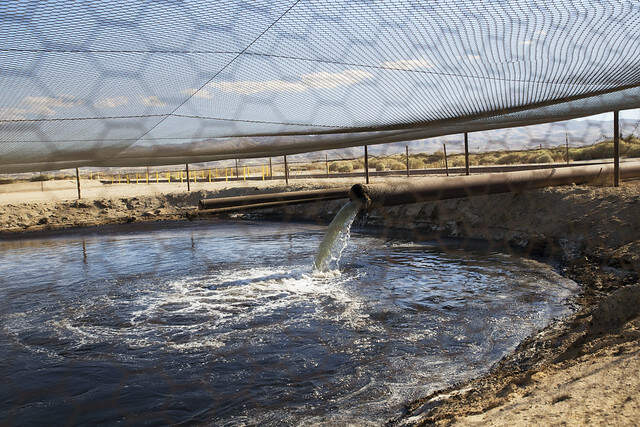
In 2019, despite many concerns expressed by the Sierra Club and others, HB 2771 was signed into law, which requires the Texas Commission on Environmental Quality (TCEQ) to ask the US Environmental Protection Agency (EPA) for permission to run a program allowing oil and gas producers to to discharge their “produced” fracking wastewater into the surface waters of Texas. Under the new law, TCEQ has until September 1 of 2021 to ask for said permission, which was a year later than the industry-sponsored bill initially sought.
It appears that TCEQ is now close to submitting its application, at least according to last week’s virtual stakeholder meeting. The meeting was mostly TCEQ staff promising that they are taking its task seriously and getting all its pieces done with plenty of time to spare.
According to Commissioner Emily Lindley, the TCEQ had already shared its application with the Governor’s Office and the Office of Attorney General and the expectation is they would turn over the application to the EPA within the next 30 days. At that point, the EPA will have up to 90 days to declare the application for delegation authority complete, or request additional information. Whenever the application is considered complete, the documents will be made available to the public for a 45-day comment period, and a public meeting will be held.
But there are other ongoing related processes happening concurrently. First, TCEQ is working on a new “General Permit” for wastewater discharge permits both for onshore and bays and estuary discharges, which will also be submitted to EPA for review before being released for public input. The “General Permit” (to be named TXG310000) will basically cover basic permits that don’t require an individual permit process.
TCEQ is also working on a general permit for “hydrostatic test wastewater” as well as a general permit for wastewater discharges in the first three miles of the outer continental shelf off the Texas coast, which are considered state waters. In the meantime, they are also developing the process for individual more complicated permits, like those proposed for direct discharge in West Texas.
What’s a concerned citizen or environmental group to do?
At this point, we have to wait until we have something to examine, but we can still begin to express our concerns to the EPA, our legislators and other groups. Because it appears that TCEQ is proposing to do the bare minimum to obtain delegation authority, it is only through grassroots efforts that we may be able to add some protections to this proposal. There are just too many unknown consequences from produced and fracked wastewater to believe it can be done safely.
The next stakeholder meeting is scheduled for December 10th at TCEQ, but the delegation application and proposed wastewater general permits may well be out before then. More information can be found through this TCEQ webpage.